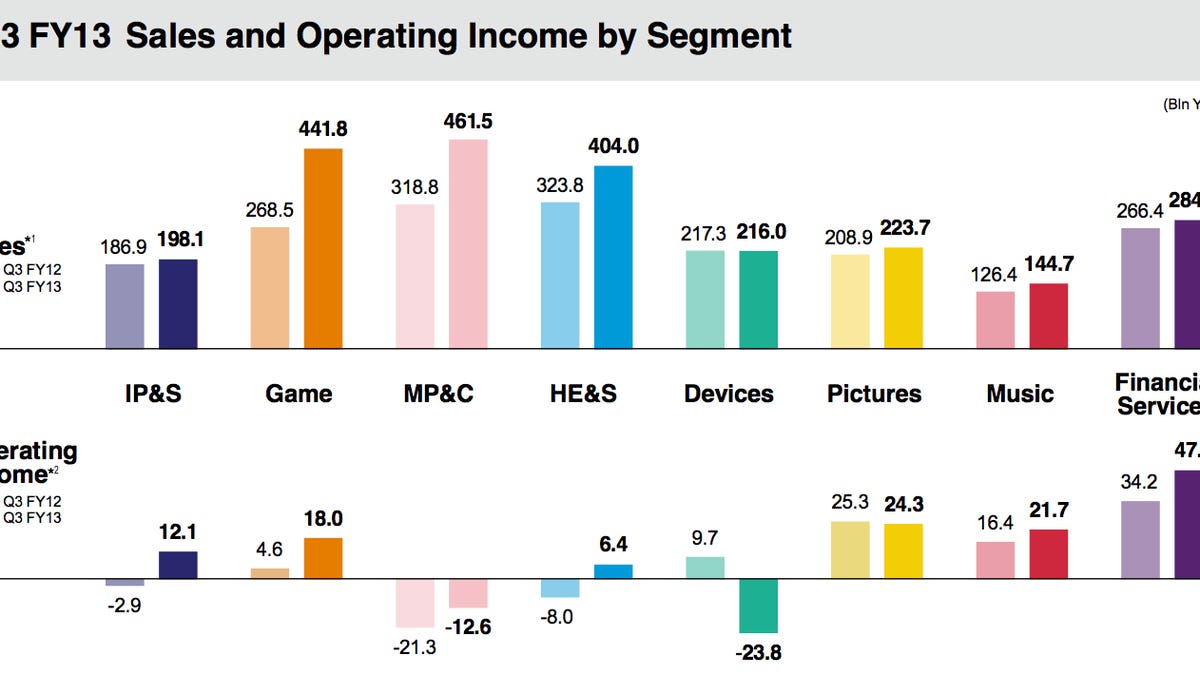Sony shows the PC business has become expendable
A few years ago, the PC was the heart of digital living. Now it's just one of many devices -- and one Sony can live without.

When IBM announced in 2004 it was selling its PC business, it sent shock waves around the industry. When HP announced in 2011 that it would do so, too, it was a surprise decision (and one that later was reversed).
But Wednesday night, when ailing Sony announced its own plans to sell its PC business to Japan Industrial Partners, the idea has become almost mundane.
Why so? Because the personal computer has ceased being the star attraction in people's computing lives. Now it's just one of a cast of characters, and that makes it expendable in Sony's calculations.
For years, companies including Sony strove to make the PC the center of our digital lives -- the all-purpose hub for work, school, communications, and entertainment. Now a new reality has emerged: The PC is just one of a gaggle of devices. It's very useful, for sure, but no longer at the center.
If anything is central, it's the mobile phone, that most personal of computing devices -- the one that buzzes on the elevator and sits on the nightstand next to the bed. Tablets, too, have swarmed into our living rooms.
The PC isn't the center of entertainment, either. Although TVs still haven't grown much beyond a screen for lean-back, passive entertainment, boxes like TiVo, Roku, Apple TV, and Chromecast are doing a good job linking the living-room LCD to the Internet. Videogame consoles are expanding their role here, too, beyond games to video.
New frontiers are crowding out the PC even more -- connected cars, as one example, or home gadgets like the Nest smart thermostats and smoke alarms that proved so alluring to Google.
Sony has plenty of problems financially -- so why shuck its PC business and not other trouble spots like TVs, smartphones, or tablets?
Because, evidently, those businesses are still strategic or show the promise of profits. The PC market has been shrinking, but the mobile market still is increasing in both size and importance.
In its quarterly results for the quarter ended December 31, Sony reported "a significant increase in sales of smartphones." And Sony thinks it can turn around its TV business -- now a wholly owned subsidiary -- by focusing on premium products. The company also credited the launch of the
Those are some bright spots for the beleaguered consumer electronics company. "A significant decrease in unit sales of PCs" meant that personal computers were a dark spot, though. Chief Executive Kazuo Hirai long has touted Sony's "four-screen" strategy encompassing phones, tablets, PCs, and TVs.
Now that'll become a three-screen strategy, because unlike a few years ago, PCs now are optional, not mandatory.

